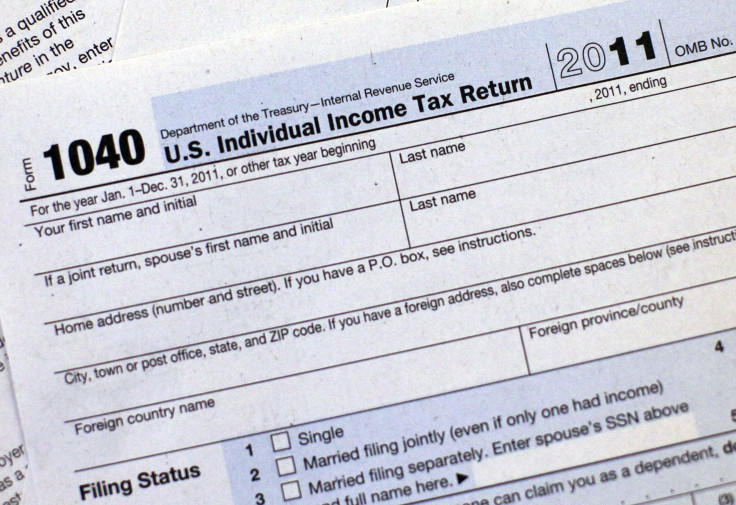Filing Taxes Late And How To Still Claim A Refund From The IRS

The short answer is yes, you can still file a 2016 tax return. If you're owed a refund, you can still claim it, and if you owe the IRS money, they'll still be glad to receive it. However, the financial implications of filing late depend on whether you owe the IRS money or not, and if you had a legitimate reason for not filing before the deadline.
If you filed an extension
I'll get the most obvious situation out of the way first. If you filed for a tax extension before the April 18 deadline, you have an additional six months to file your taxes. For 2017, this is defined as an extended tax deadline of October 16.
It's important to mention, however, that an extension does not give you extra time to pay. Any money you owe the IRS was due on the original tax deadline, or you can face interest and penalties, which I'll discuss in more detail later on.
If you're entitled to a refund, the answer is easy
Even if you didn't file an extension, you have plenty of time to file if the IRS owes you a refund. In this case, the U.S. Treasury is happy to hang on to your money for as long as you'll let them.
Specifically, you have up to three years past the original tax deadline to claim a refund you're entitled to. So, you can file your 2016 tax return any time before April 18, 2020 (October 17, 2020, if you have an extension), although I'm not sure why anyone would want to wait. By doing so, you're essentially giving the Treasury an interest-free loan. After the three-year window is up, you forfeit the refund, which officially becomes a donation to the Treasury.
If you owe the IRS money, here's what you need to know
Even if you can't pay what you owe yet, it's important to file as soon as possible. The failure to file penalty is 5% per month (or part of a month) after the tax deadline has passed, up to a maximum of 25% of your unpaid balance. As I write this, it's just a couple of weeks past the tax deadline, so you still have time to file your 2016 return and limit your late filing penalty to just 5% of your balance.
On the other hand, the late payment penalty is 0.5% per month or partial month, just one-tenth of the amount it'll cost you if you don't file at all. That's why I say that it's better to file and owe the IRS money than to not file at all.
If you pay late, interest will accumulate on your past-due balance, in addition to these penalties. As of early 2017, the IRS interest rate is set at a 4% annual rate, and this is subject to change over time.
The bottom line here is that if you owe the IRS money, get your tax return in as soon as possible. The IRS actually has a payment plan program that's surprisingly easy to enroll in, as well as several other options if you can't pay.
Do you have a good excuse?
Note that the IRS penalties can be waived if you had a good reason for missing the tax deadline. For example, if you filed your taxes a week or two late because you were in the hospital, or your house burned down shortly before the tax deadline, the IRS can waive any late payment or filing penalties.
In fact, according to the IRS website, the agency "will consider any sound reason for failing to file a tax return, make a deposit, or pay tax when due." However, the website also specifically states that a lack of funds is not reasonable cause for not filing or paying on time.
Finally, also be aware that while the penalties can be waived, the interest will continue to apply to any past-due balance, even if you had a good reason for not paying.
The Motley Fool has a disclosure policy.











